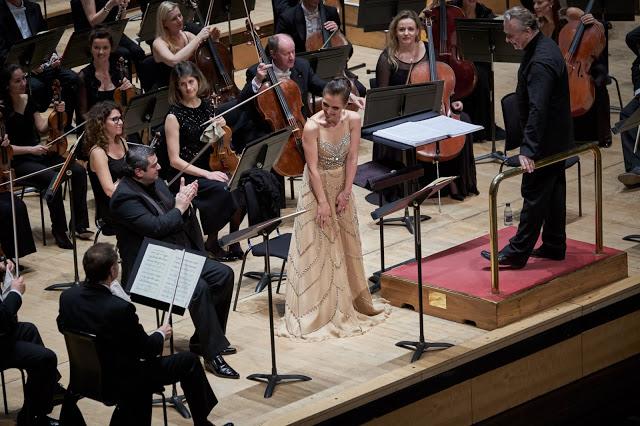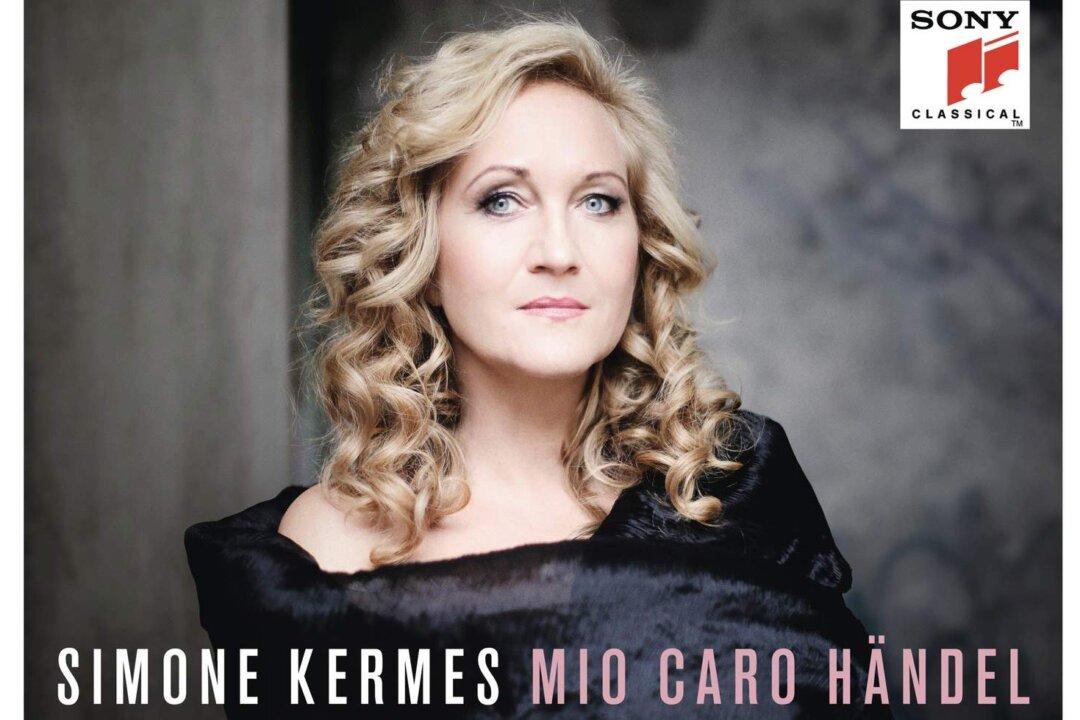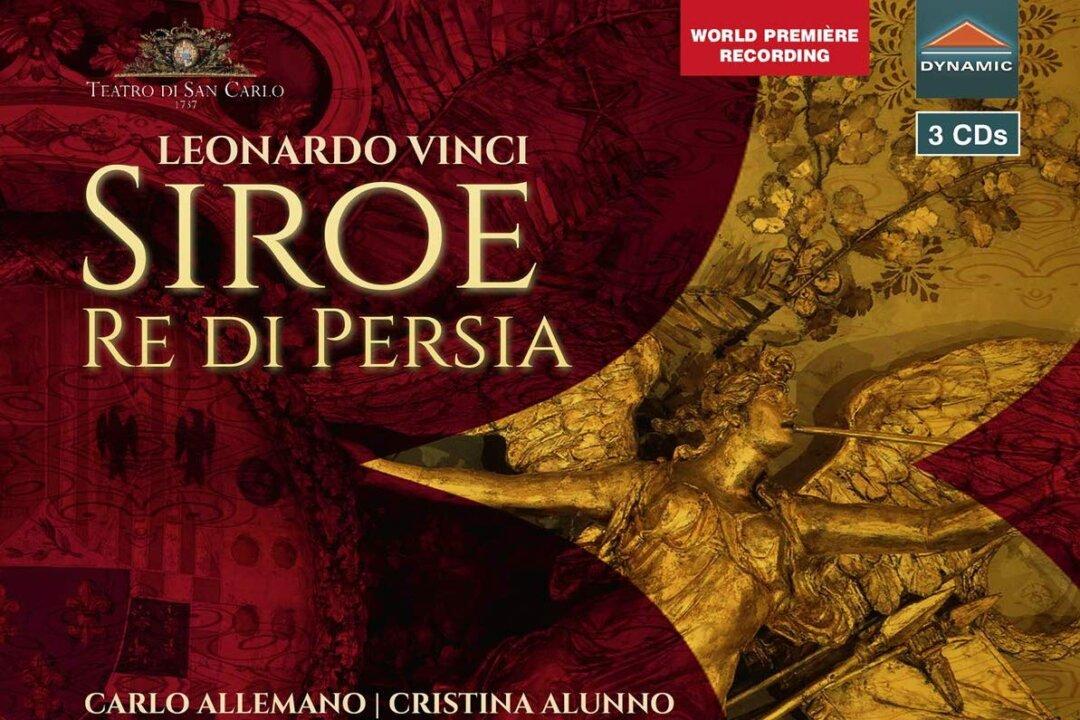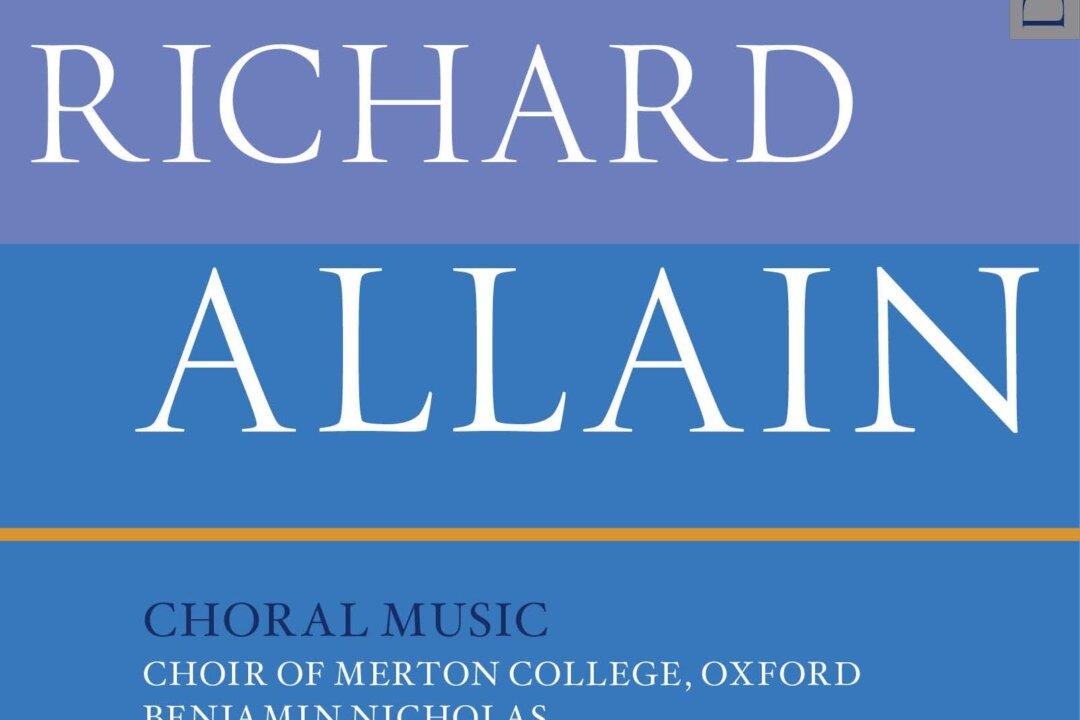LONDON—With her latest recording, violinist Jennifer Pike has been rediscovering her Polish roots. The Chandos disc “The Polish Violin,” with pianist Petr Limonov, is a program of music by Karol Szymanowski, Moritz Moszkowski, Mieczyslaw Karlowicz, and Henryk Wieniawski.
But the program is more than a musical exploration, as it connects Jennifer with her Polish grandparents and brings out the importance of European connections.





